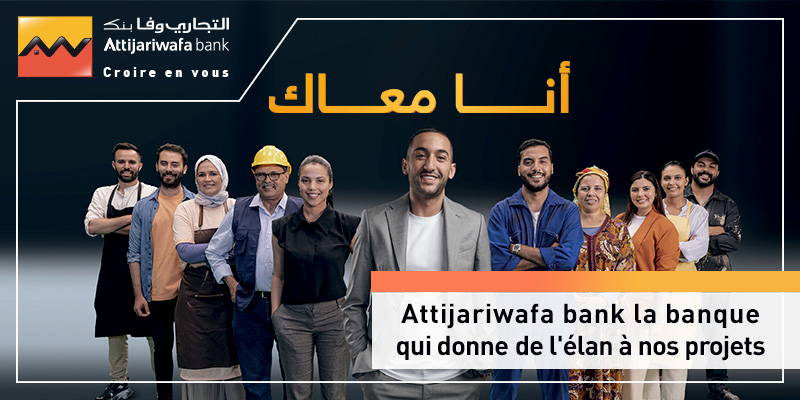As the festive season of Eid Al-Adha approaches, the bustling sheep markets across Casablanca and Marrakech illustrate a unique blend of tradition and modernity, where old customs meet new trends. The markets are alive with the vibrant energy of buyers and sellers, each driven by the cultural significance of the occasion.
An “emotional connection”!
For Amina, a career counselor in Casablanca, the process of selecting a sheep for Eid Al-Adha is not just a transaction but an emotional journey. Amina is among the 20% of households that wait until the last one or two days before Eid to buy their sacrificial animal. Her decision is driven by a deep belief that the right sheep will reveal itself to her at the right moment, a sentiment that resonates with many Moroccans.
Amina plans to celebrate Eid with her family in Marrakech, away from the urban hustle of Casablanca. She has persuaded her husband to delay the purchase until they reach Marrakech, confident that her choice will be guided by her heart. This approach, though potentially more expensive, is a cherished part of her Eid tradition.
Market dynamics and trends
The sheep markets in Casablanca, supplemented by five specially set up markets for Eid, are a hive of activity. These markets cater to a wide range of buyers, from those scouting for price trends to those ready to make their purchase. According to a recent study by the Ministry of Agriculture, 50% of Moroccan households buy their sheep three to seven days before Eid, while 27% purchase more than a week in advance.
Youssef, an education professional in Casablanca, prefers the Sardi breed, renowned for its quality and aesthetic appeal. He reserved his Sardi sheep well in advance from a farm on the outskirts of the city, avoiding the last-minute rush and securing a better deal. The Sardi, the most coveted breed for Eid, commands high prices, sometimes exceeding 6000 dirhams.
Modern solutions for traditional practices
In urban settings where space is a constraint, many households opt for services like “foundok al kharouf,” where sheep are housed and fed until the day of sacrifice. This modern solution reflects the evolving nature of Eid practices while maintaining the essence of the tradition.
The enterprising farmers have introduced crossbred sheep from Spain to their farm near Tiflet. Priced between 1900 and 2500 dirhams, these sheep offer a cost-effective alternative for many families. The success of their venture highlights the growing trend of integrating new options to meet the diverse needs of Moroccan families.
The religious and cultural essence
The religious significance of Eid Al-Adha remains paramount for many Moroccans. Youssef’s meticulous selection process, guided by Islamic traditions, underscores the importance of choosing a healthy, unblemished sheep for the sacrifice. This act of devotion is a deeply personal experience, reinforced by family involvement and communal celebration.
For many, like Youssef, Eid Al-Adha is a time to strengthen familial bonds and reflect on spiritual values. Despite the modernization of certain aspects of the celebration, the core values of sacrifice, gratitude, and community remain intact.
Adapting to modern lifestyles
However, the celebration of Eid Al-Adha is also adapting to contemporary lifestyles. Farid, a businessman, has embraced a modern twist by opting for special Eid packages at hotels that offer traditional feasts in a festive setting. This choice, while convenient, sparks a debate about maintaining the cultural and spiritual essence of Eid.
Eid Al-Adha in Morocco, thus, stands as a testament to the country’s rich cultural tapestry. It is a period where deep-rooted traditions coexist with modern innovations, reflecting the dynamic spirit of Moroccan society. The essence of Eid, characterized by sacrifice, gratitude, and communal harmony, continues to thrive amidst evolving practices and changing times.





